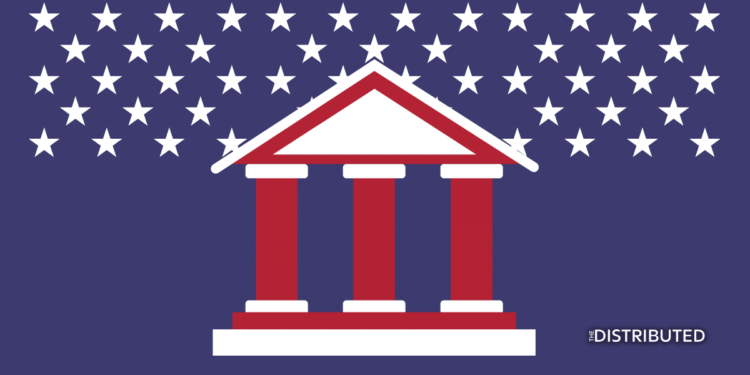Major US financial institutions are launching a 12-week proof of concept (PoC) test program for a central bank digital currency (CBDC).
BNY Mellon, HSBC, Wells Fargo, Mastercard, and the U.S. Bank are some of the institutions taking part in the project. The undertaking aims to ‘explore the feasibility of an interoperable digital money platform,’ dubbed the Regulated Liability Network (RLN).
The three-month PoC program will look into a model of RLN design denominated in USD. RLN allows commercial banks to issue tokens representing their customers’ deposits. On the blockchain, transaction settlements would be supported by simulated central bank reserves on the shared multi-entity distributed ledger.
‘’Members of the U.S. banking and payments community involved in this PoC are pleased to be working alongside the New York Innovation Center (NYIC) that is part of the Federal Reserve Bank of New York,’’ the consortium said in the Nov.15 announcement.
In addition, the group announced that SETL – a firm dealing in blockchain settlements and payments services – will provide the relevant technology, while Sullivan & Cromwell LLP and Deloitte are the legal advisors.
See Related: Iran Set To Launch Its CBDC, Crypto Rial
U.S. Undecided On CBDC As Legislators Question Impact On The Private Sector
The announcement comes as the state of the U.S. central bank digital currency remains in limbo. A statement released by The White House on September 16 noted that the U.S. administration was yet to decide on CBDC. The report – which described the CBDC as a digital form of the dollar – added it was assessing its impact and the available options.
In light of an executive order signed by President Biden in September – ensuring responsible development of digital assets – the U.S. Congress is treading cautiously on the matter. The Members of the House Committee on Financial Services have asked the Fed to clarify their role in CBDC and the impact on the private sector.
See Related: Mexico Central Bank To Issue A CBDC By 2025



